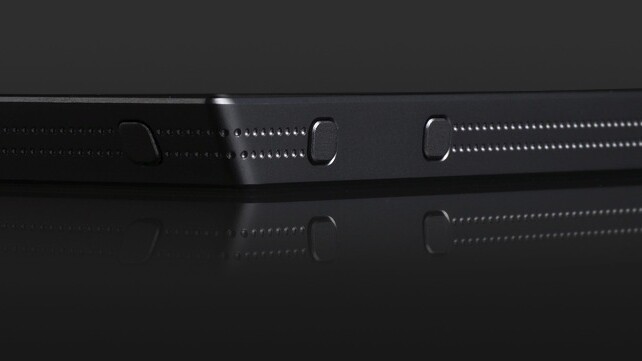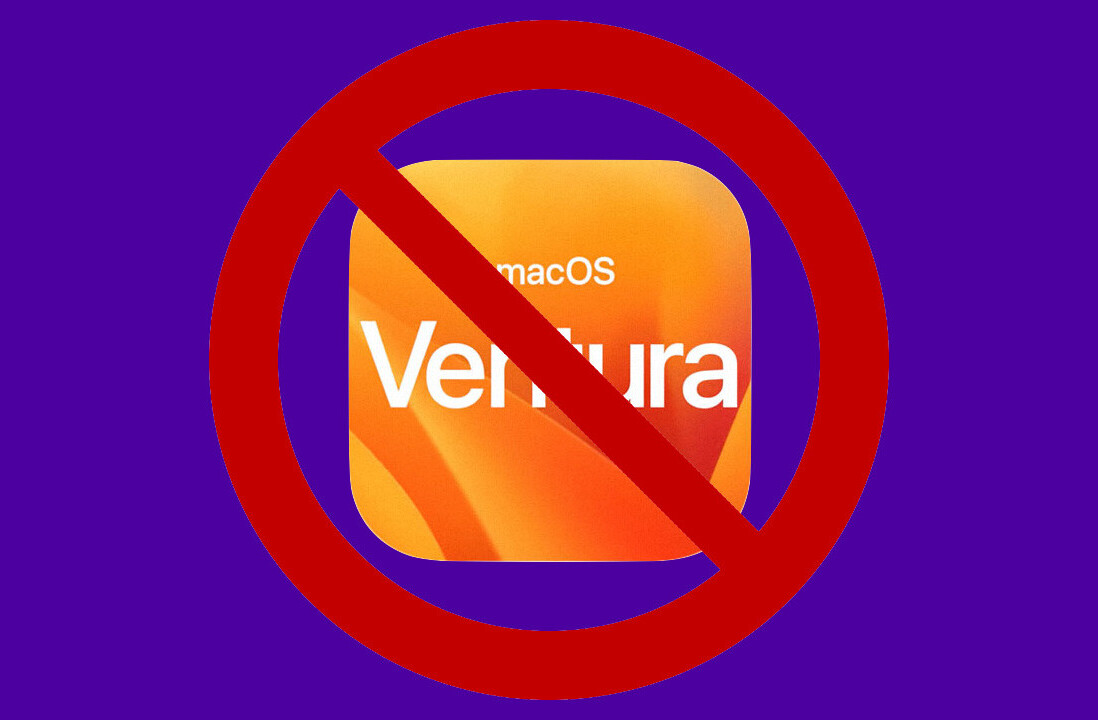
The Ubuntu Edge campaign to build a ‘next-generation’ smartphone that interfaces with a PC may be a record-breaker for raising the highest crowdfunded donation tally ever, but it’s ultimately ended in failure after closing out more than $19 million short of its ambitious $32 million target.
The month-long campaign is now over for Canonical — the open source organization behind Ubuntu — with the final donation ticker on its Indiegogo page showing that it raised a fraction over $12.8 million. Since it missed its pre-agreed target, the 27,488 donors will not be charged for their pledges and the project will end with zero.

The funds were raised primarily from consumers, bar a corporate donation from Bloomberg, so it’s interesting to note that Canonical founder Mark Shuttleworth told the Guardian on Monday — before the deadline — that there had been “a number of interesting approaches from industry players which get us closer.”
While it seems those backers didn’t pursue their interest, leaving the project well short, a statement from Shuttleworth explains that “many of the world’s biggest mobile networks already signed up to the [recently launched] Ubuntu Carrier Advisory Group,” which will help bring the Ubuntu OS to the mobile industry.
The word failure is a little unfair here, since, from an alternative perspective, the Ubuntu Edge campaign successfully showed that Ubuntu has potential for mobile (other devices are expected from 2014) and that a significant number of consumers are interested and willing to pay the proposed $695 price point for the hybrid device. Given the fact that tablet-PC hybrids are still to take off, and even large-screen smartphones remain a niche, the campaign exceeded all expectations.
The handset itself is/was a novel prospect. Packing 128GB of internal storage, dual-LTE receivers and 4GB of RAM, it would give users the option to dual-boot both Android and the Ubuntu mobile/desktop operating systems.
At this point, the device has garnered media praise (based on prototypes), plenty of interest and a record-breaking level of consumer-led funding, all of which makes it highly unlikely that Canonical will simply give up on the project. It’s not clear at this point exactly what direction it will be headed, but we bet you’ll hear more about this attempt to build a very unique device soon — as Shuttleworth himself hints.
“Who knows, perhaps one day we’ll take everything we’ve learned from this campaign — achievements and mistakes — and try it all over again,” he said in a statement.
➤ Ubuntu Edge [Indiegogo]
Get the TNW newsletter
Get the most important tech news in your inbox each week.




